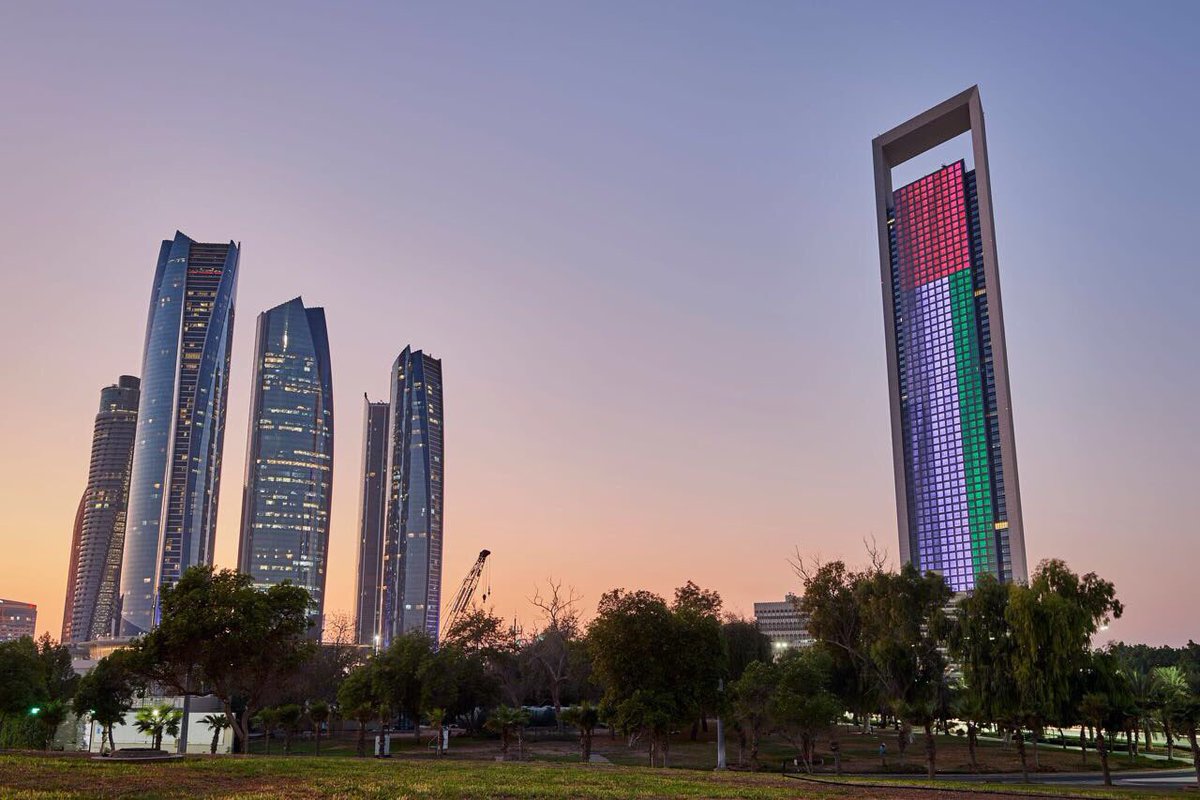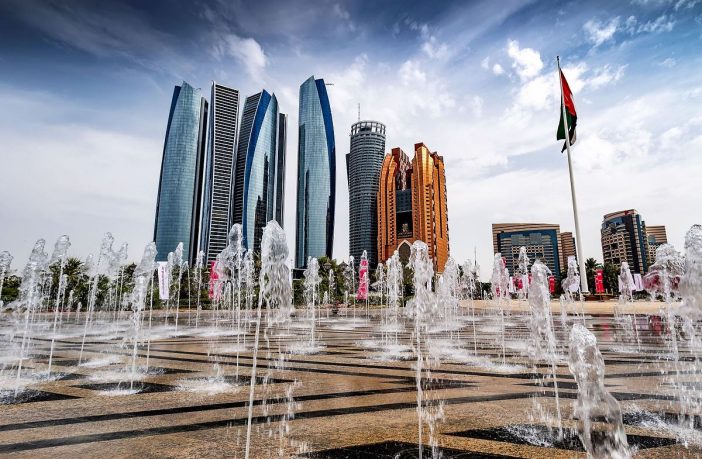Emirate of Abu Dhabi sells government bonds
The Emirate of Abu Dhabi has placed bonds on the market, their total amount is $5 billion. In total, three tranches are planned, which include papers for 3, 10 and 50 years.
The amount of three-year bonds is $2 billion. They are provided with a premium of 65 bp. The 10-year papers cost $1.5 billion and are placed with a premium of 105 bp. The 50-year bond tranche is also $1.5 billion and has a yield of 2.7 percent. Such large institutions as Deutsche Bank, Morgan Stanley, First Abu Dhabi Bank and others took part in the Abu Dhabi deal.
This step, according to analysts Bloomberg, is dictated by the intention to balance the local budget through the funds from public debt securities. This trend is observed in the Persian Gulf countries and is explained by the unstable situation in the oil market. Quotations for raw materials are feverish, and it is too risky to rely only on profit from its export.
The Emirate of Abu Dhabi has one of the highest credit ratings in its region. Its S&P AA status allows local authorities to borrow at low interest rates and also increases interest from major investors.
This emirate occupies an area of about 400 km, which is home to more than 2 million people. The center and largest city is Abu Dhabi, the second largest is El-Ain. The basis of the regional economy is the oil industry, which began in 1958. Since then, production of raw materials is carried out at sea and on land, and provides about 70% of the country’s GDP.

National Oil Company in Abu Dhabi was established in 1974. It acquired 60% of the shares of all producers of raw materials that were in the emirate, as well as 60% of Dubai Petroleum. Now the country on average receives about 92% of the income of oil producers.
It is interesting that Abu Dhabi is the only emirate that specializes in the oil industry, the other regions of the kingdom have their own niches. However, the largest emirate also has other enterprises, including chemical plants, a gas liquefaction plant and others.
The country is implementing the “Vision UAE 2021” program, under which two leading emirates have developed their own strategies. For Abu Dhabi it is “Abu Dhabi Economic Vision 2030”. The latter involves comprehensive measures to control processes in the oil sector, including production and export. According to the UAE law, 60% of the shares of the company, which extracts minerals, are owned by the emirate government. Revenues of large industries go to the national budget and are subject to high taxes.




